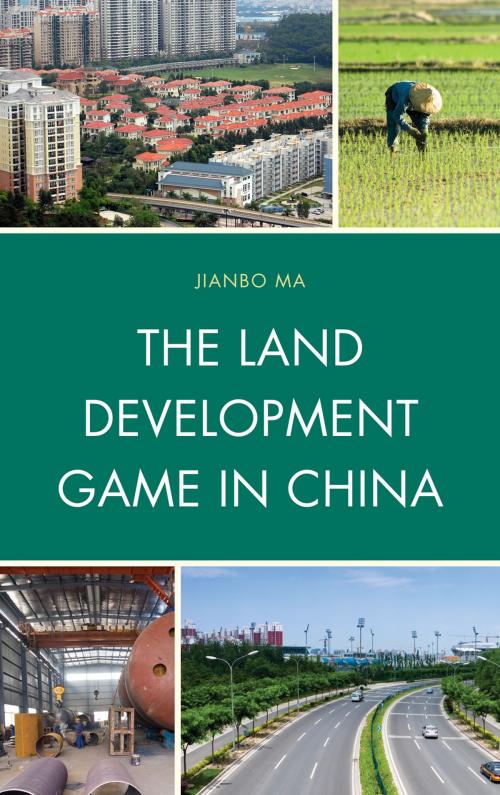The Land Development Game in China
Nonfiction, Social & Cultural Studies, Political Science, Government, Public Affairs & Administration, Politics, City Planning & Urban Development| Author: | Jianbo Ma | ISBN: | 9780739169599 |
| Publisher: | Lexington Books | Publication: | November 30, 2012 |
| Imprint: | Lexington Books | Language: | English |
| Author: | Jianbo Ma |
| ISBN: | 9780739169599 |
| Publisher: | Lexington Books |
| Publication: | November 30, 2012 |
| Imprint: | Lexington Books |
| Language: | English |
The book describes how land plays a central role in the rapid economic growth of a Chinese region (with the fictitious name of “Dragon County”). Concerned with grain self-sufficiency, the national government of China employs a central planning approach to control the amount of farmland to be converted to urban uses each year. However, the scarcity of land development rights creates high incentives for various local players to evade national policies. Supported by a large number of specific examples, the book illustrates how local players adopt many kinds of strategies to engage in informal land development, and how the national government maneuvers its policies such that both farmland protection and economic growth objectives are achieved. The story of Dragon County, though not necessarily representative of other Chinese regions, suggests that the existing land system has worked reasonably well in promoting land use efficiency and economic growth at the same time, but the distributional problems created reflect a strong need for changing the rules of the game.
The book describes how land plays a central role in the rapid economic growth of a Chinese region (with the fictitious name of “Dragon County”). Concerned with grain self-sufficiency, the national government of China employs a central planning approach to control the amount of farmland to be converted to urban uses each year. However, the scarcity of land development rights creates high incentives for various local players to evade national policies. Supported by a large number of specific examples, the book illustrates how local players adopt many kinds of strategies to engage in informal land development, and how the national government maneuvers its policies such that both farmland protection and economic growth objectives are achieved. The story of Dragon County, though not necessarily representative of other Chinese regions, suggests that the existing land system has worked reasonably well in promoting land use efficiency and economic growth at the same time, but the distributional problems created reflect a strong need for changing the rules of the game.















